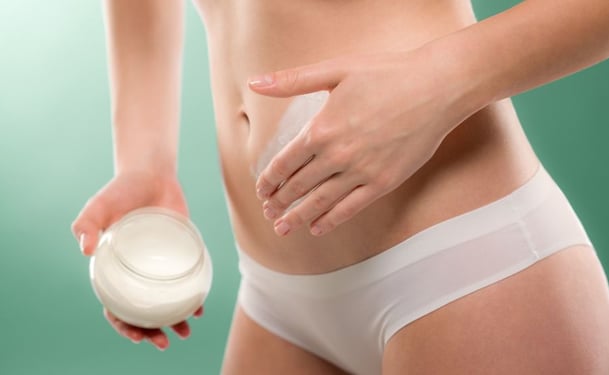Among common skin conditions, dry skin problems are widely prevalent. While some individuals have predominantly dry skin, some have dry skin as part of a mixed skin-type. In both scenarios, dry skin often leads to other skin problems like recurring rashes and an increased susceptibility of the skin’s aging, leading to faster development of wrinkles and fine lines. Though moisturizing is one of the easiest ways to alleviate dry skin problems, misusing moisturizers can complicate dry skin problems rather than solving them.
Getting Your Moisturizing Facts Right
Daily moisturizing is not necessary for every individual. Daily hydration of the skin is only needed among people with perennially or moderately dry skin.
People having oily skin may use moisturizers to a minimal extent, but this doesn’t mean that their skin doesn’t need moisturization. Moisturizing benefits dry skin in many ways by hydrating the outer (keratinized) layer of the skin that is prone to being scaly. Different individuals need different kinds of moisturizers and personalized moisturizing regimens to take care of their respective skin-types.
Wrongful Moisturizer Application
This is the most common mistake that most people commit. For starters, moisturizers shouldn’t be applied directly upon skin that is absolutely dry and showing signs of flaking. In this application, the moisturizer can cement any kind of microorganism on the surface of the skin into the crevices caused by extreme dryness.
Ideally, the skin should be a bit damp. This ensures that the moisturizer is spread evenly along with minimizing the skin’s flakiness. However, the skin shouldn’t be dripping wet. It is better to wash the face with a mild cleaning agent, dab it with a clean towel and then apply the moisturizer. The slightly damp skin ensures that the massaging done to spread the moisturizer doesn’t add to the abrasiveness of the dry skin surface.
Moisturizers and Allergic Skin
Those suffering from dry skin problems are prone to having a slightly allergic skin. Such people shouldn’t use conventional moisturizers. This is because most contemporary moisturizers contain active compounds that can further irritate the dry skin, adding to the allergic reaction. It is recommended that such folks use hypoallergenic moisturizers that are free from allergic additives.
Moisturizers and Make-Up
Women who often use make-up need to be very careful about using a moisturizer. If the moisturizer is applied wrongly, it can form an outer protective coating upon the make-up that can suffocate the skin. Since dry skin is more vulnerable to developing infections and sudden break-outs of acne, this can prove disastrous. It is recommended that the moisturizer is applied a few minutes before the make-up application so that it is easily absorbed into the skin and protects the underlying skin. In this manner, the moisturizer guards the dry skin from the chemical or reactive compounds of the make-up/cosmetics that can induce an allergic reaction.
Wrongly Chosen Moisturizers
Those with very dry skin need moisturizers enriched with a basic level of healthy oils that can penetrate deep into the skin without making the outer surface sticky. However, using moisturizers with a heavy, greasy base can complicate dry skin problems. The excess oil tends to trap the small flakes of the skin that can cause acne. People with dry, flaky skin need to use long-lasting moisturizers. These moisturizers are retained by the skin for a longer period than ordinary moisturizers.
People who cannot decode their skin-type should consult a dermatologist. However, if the confusion persists, it is recommended to use a mild moisturizer that has a water-based formulation with a minimal concentration of oils. Water-based formulations are safe and are easily absorbed. They are also retained by the skin for a longer period.



